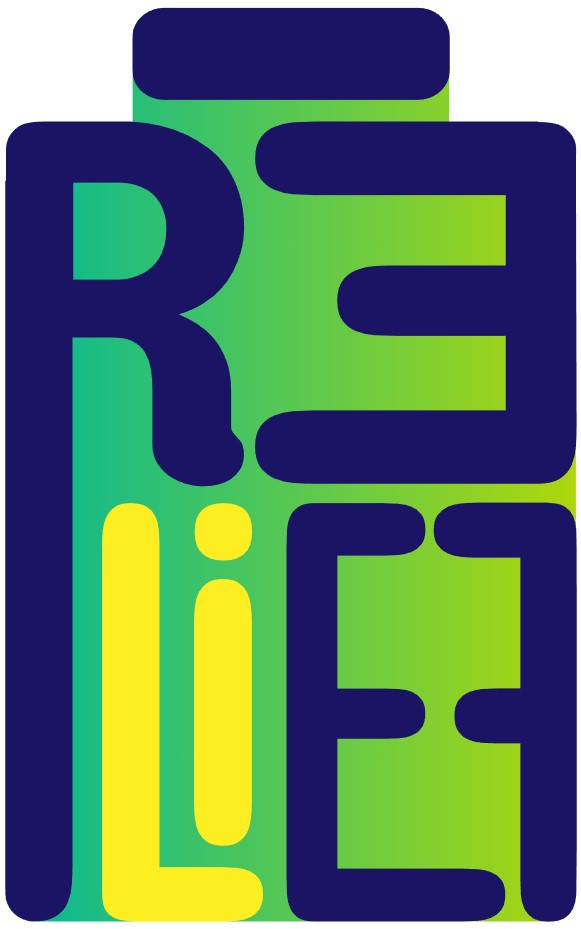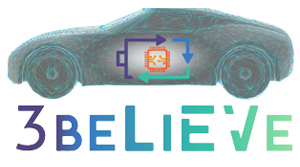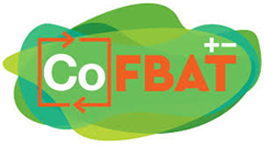
Key informations
- European Project
- https://www.cofbat.eu/
Project description
For decades, scientists have been exploring materials to produce a new generation of long-lasting batteries. The EU-funded CoFBAT project aims to develop novel batteries for energy storage that are cobalt free and in a modular format, rendering it suitable for different wide-ranging applications, be it domestic or industrial. New materials and components will be developed and optimised to achieve novel battery cells with longer lifetime, improved cyclability, lower costs, improved safety, lower environmental impact and more efficient recycling. The proposed solutions will allow Europe to become less dependent on raw materials for securing the supply chain, since CoFBAT gathers the whole value chain in battery production from materials to battery manufacturing, including electrochemical characterization and life cycle assessment. The feasibility, of a metal recovery process will also be deeply investigated and recommendations for future application made.
Avesta's role
- Innovation Manager for the project and supporting technical co-ordination
- Characterisation and testing of coin-cells and pouch cells
- Upscaling the processing of battery components
- Supporting cell design and assembly of pouch cells
A few more projects
-

Gigagreen
European project Read moreGIGAGREEN proposes a structured research plan to develop and scale up novel electrode and cell component manufacturing processes that follow a Design to Manufacture approach in line with Europe’s strategic goal of becoming a global leader in the Li-ion battery value chain. This means that GIGAGREEN seeks for the minimum environmental impact and energy consumption, cell designs which facilitate the re-use and disassembly, increase of the cost-efficiency and safety of processes and products, and high-throughput technologies able to be easily scaled up and automated in the context of industry 4.0/5.0 gigafactories
-

RELiEF
European project Read moreRELiEF sets out with the clear goal of reducing lithium waste by more than 70% through the use of previously unused secondary lithium sources.
-

3beLieve
European project Read moreDelivering the 3b generation of LNMO cells for the xEV market of 2025 and beyond. The development of better materials for use in rechargeable batteries is vital for the future of the electric vehicle market.

